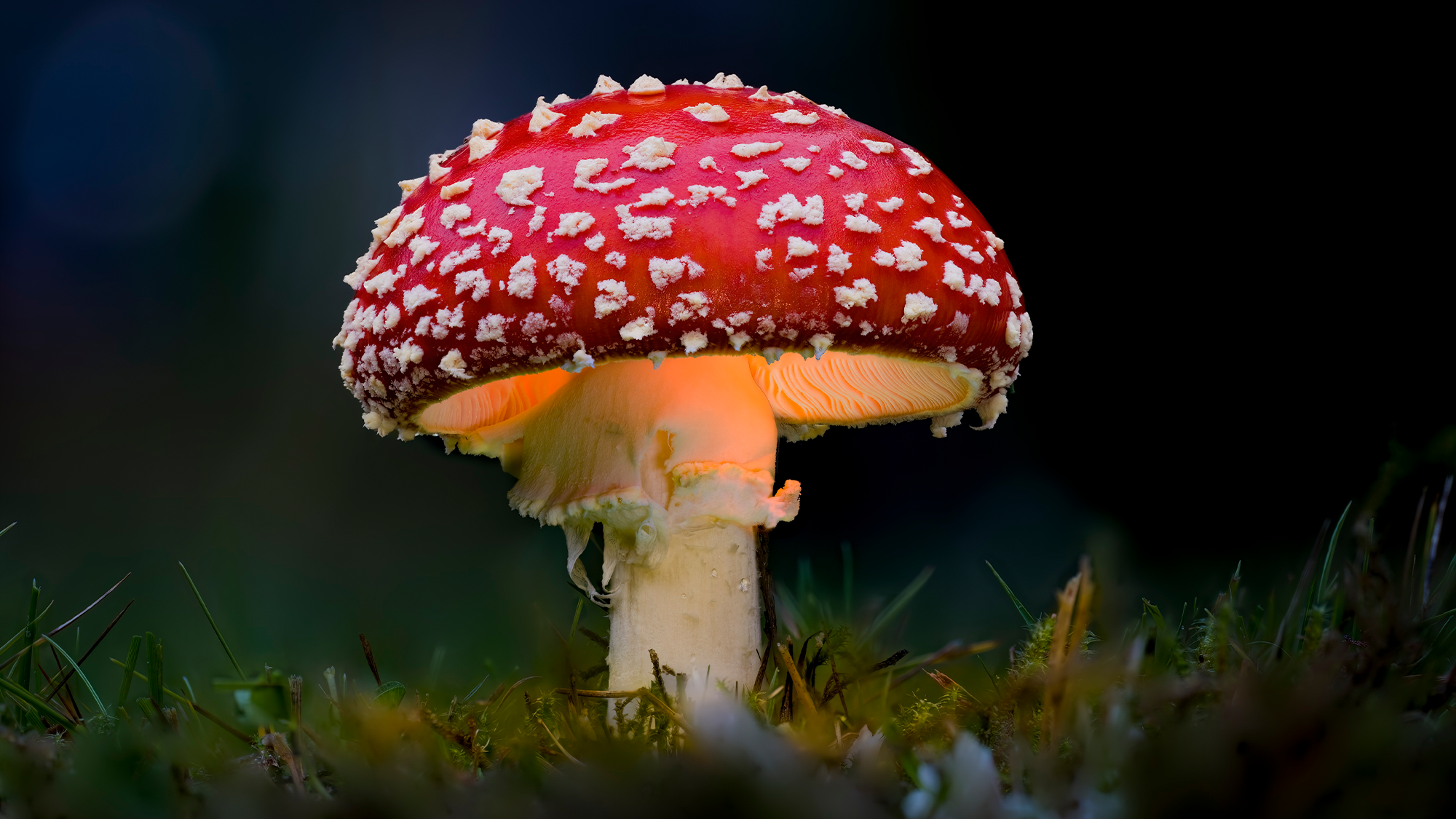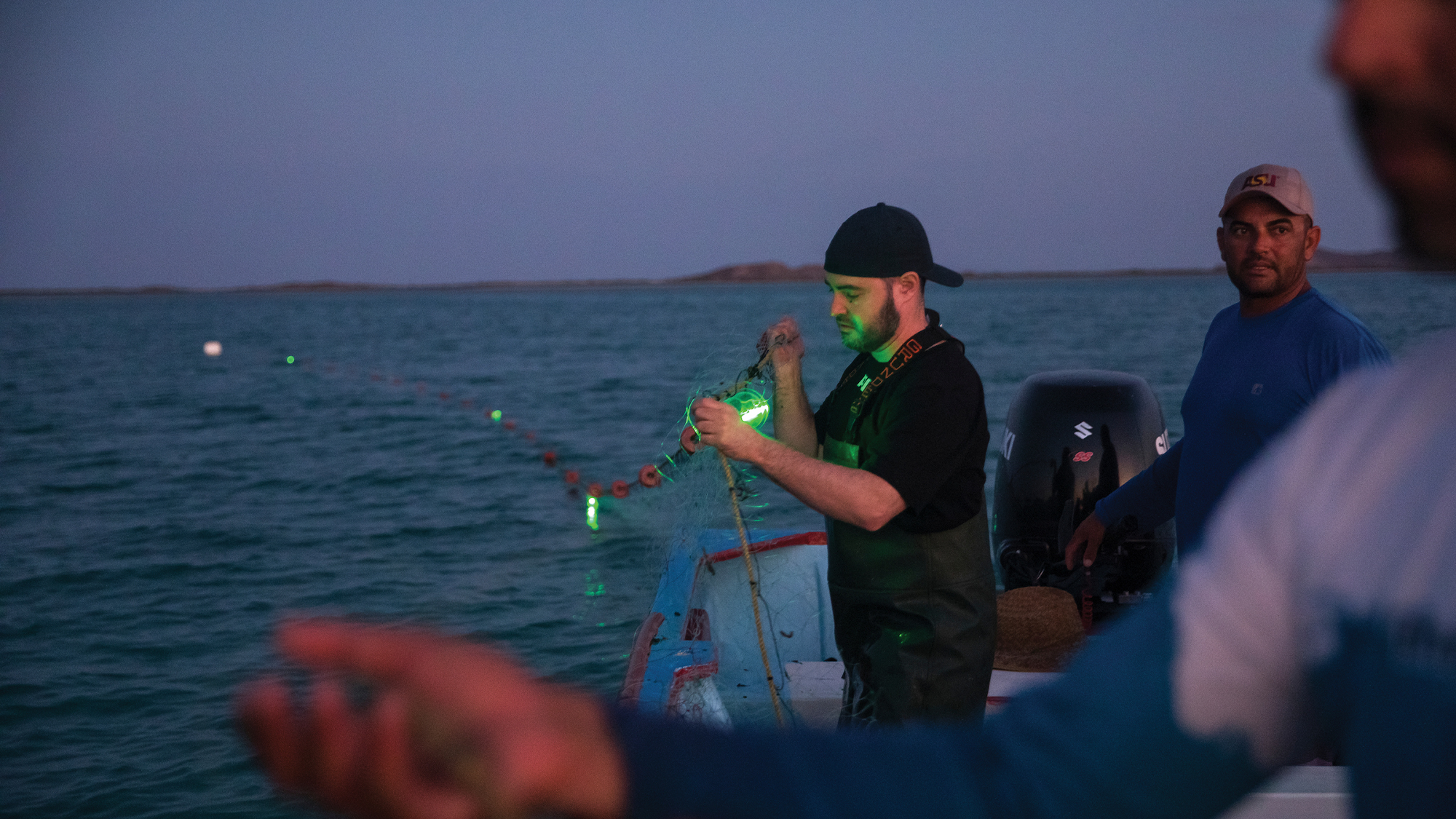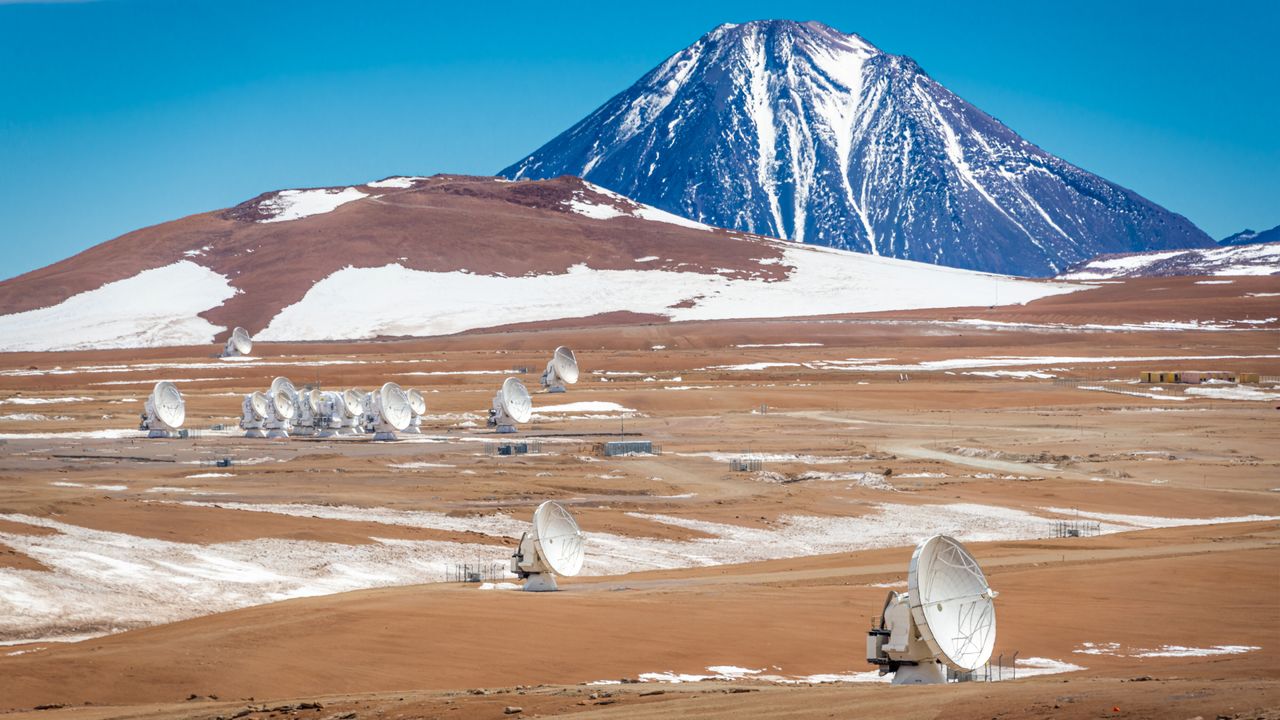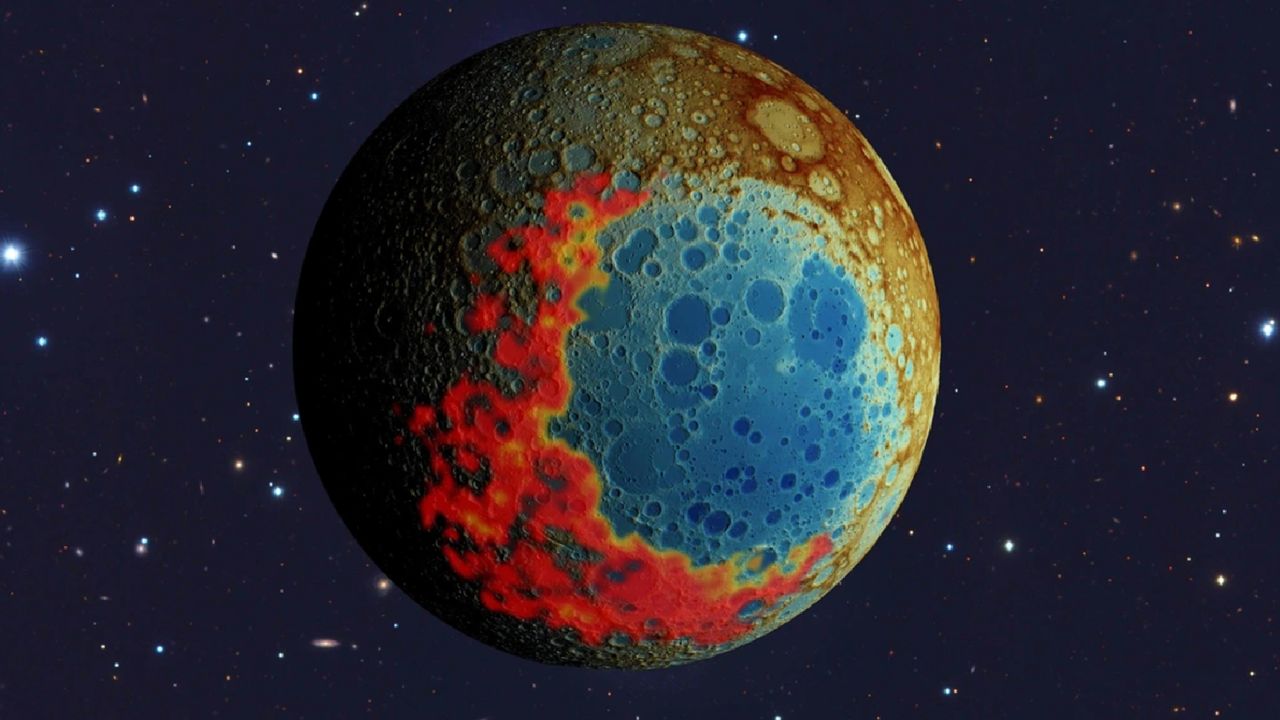Meet the Advocates Who Are Changing Type 1 Diabetes Care for the Better
PositiveScience
Advocates are making significant strides in improving the care for Type 1 diabetes, focusing on mental health support, enhancing pregnancy care, and extending help to patients in developing countries. Their efforts are crucial as they not only alleviate the mental health burdens associated with the disease but also ensure that patients receive comprehensive care, regardless of their location. This positive change is vital for fostering a healthier future for those affected by Type 1 diabetes.
— Curated by the World Pulse Now AI Editorial System






